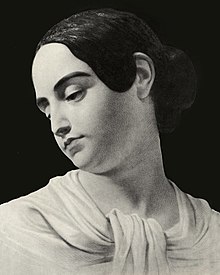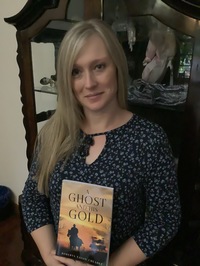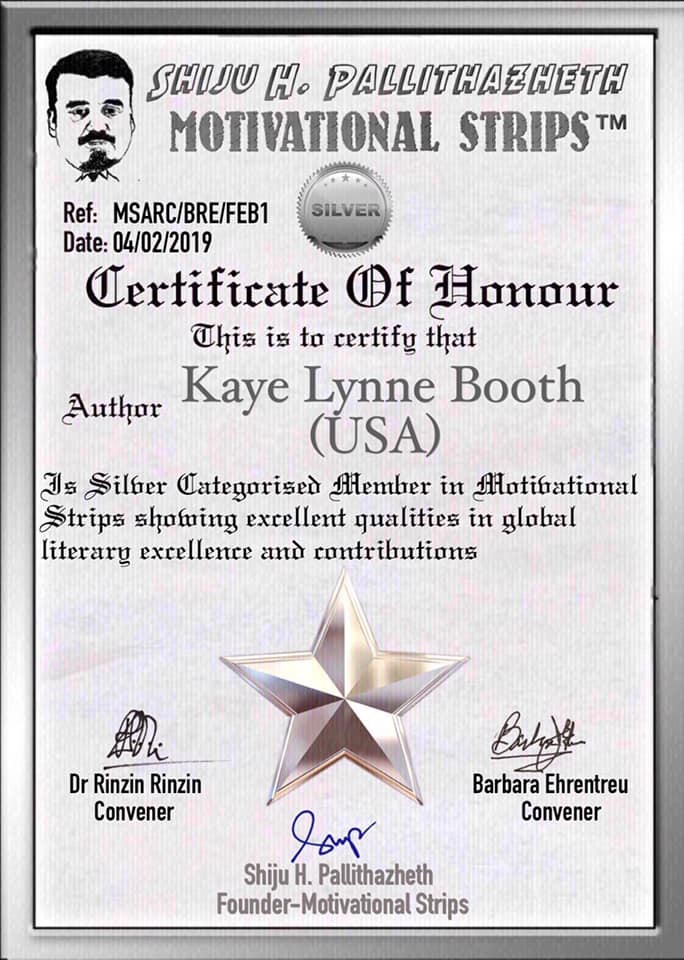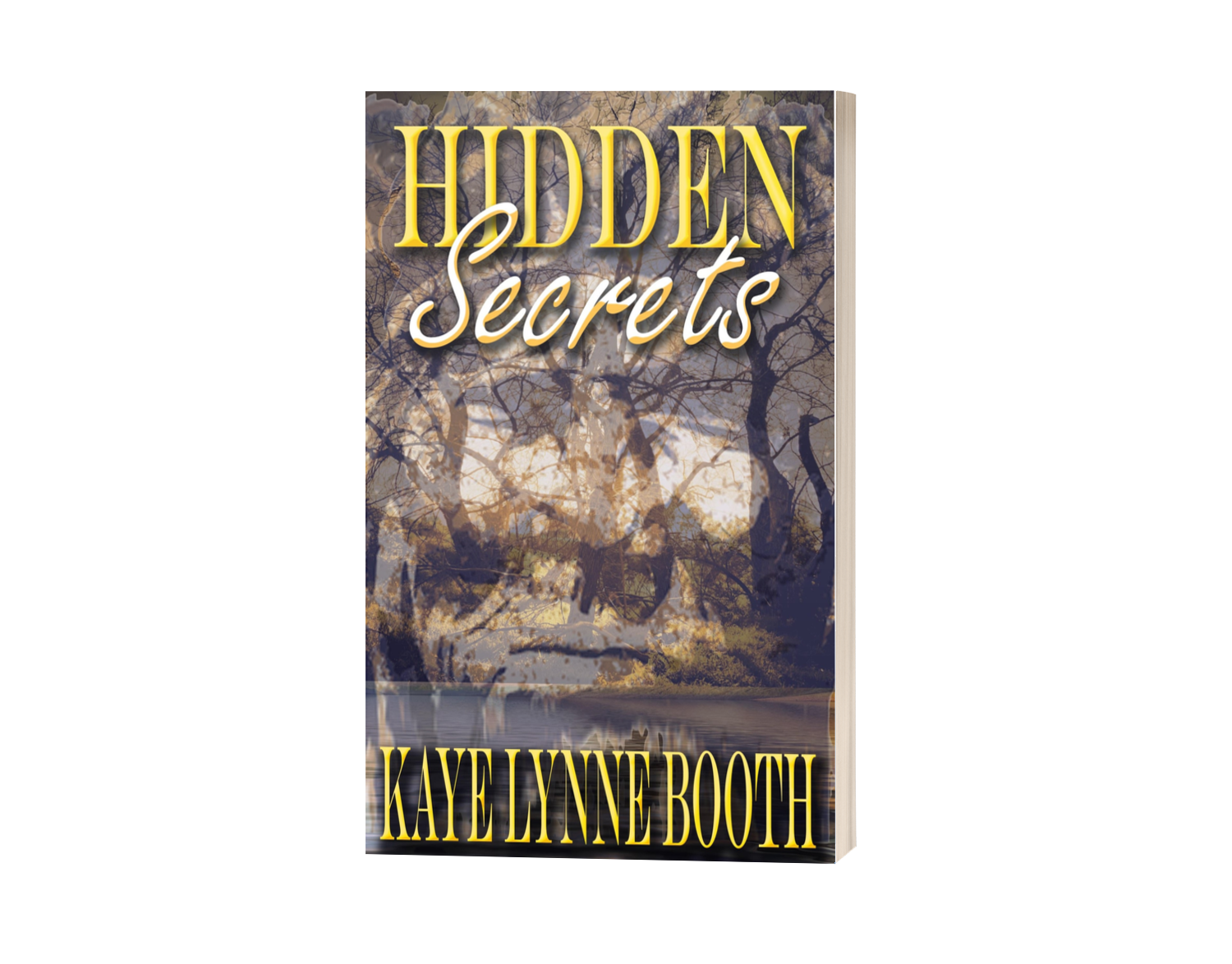Dark Origins: The Sleeper, a poem by Edgar Allan Poe and my reading
Posted: May 26, 2021 Filed under: Dark Origins, Poetry | Tags: Dark Origins, Edgar Allen Poe, Poetry, Roberta Eaton Cheadle, The Sleeper, Writing to be Read 25 Comments

The Sleeper, a poem by Edgar Allan Poe takes as it subject a beautiful woman in death.
At midnight in the month of June,
I stand beneath the mystic moon.
An opiate vapour, dewy, dim,
Exhales from out her golden rim,
And, softly dripping, drop by drop,
Upon the quiet mountain top.
Steals drowsily and musically
Into the universal valley.
The rosemary nods upon the grave;
The lily lolls upon the wave;
Wrapping the fog about its breast,
The ruin moulders into rest;
Looking like Lethe, see! the lake
A conscious slumber seems to take,
And would not, for the world, awake.
All Beauty sleeps!—and lo! where lies
(Her easement open to the skies)
Irene, with her Destinies!
The speaker in the poem begins by describing the cemetery at midnight in the month of June. He observes the moon and notes the flowers that grow about the grave. At the end of the movement, he introduces the beautiful woman whom has died and whose grave is being prepared ready for her internment.
Oh, lady bright! can it be right—
This window open to the night?
The wanton airs, from the tree-top,
Laughingly through the lattice drop—
The bodiless airs, a wizard rout,
Flit through thy chamber in and out,
And wave the curtain canopy
So fitfully—so fearfully—
Above the closed and fringed lid
‘Neath which thy slumb’ring soul lies hid,
That o’er the floor and down the wall,
Like ghosts the shadows rise and fall!
Oh, lady dear, hast thou no fear?
Why and what art thou dreaming here?
Sure thou art come p’er far-off seas,
A wonder to these garden trees!
Strange is thy pallor! strange thy dress!
Strange, above all, thy length of tress,
And this all solemn silentness!
Irene is still lying on the bier in her room. The speaker can see her corpse through the window and watches the moving shadows on the wall and floor as the curtain of the canopy are blown about by the wind. The watcher is struck by her pallor, her strange dress, and her unusually long hair.
The lady sleeps! Oh, may her sleep,
Which is enduring, so be deep!
Heaven have her in its sacred keep!
This chamber changed for one more holy,
This bed for one more melancholy,
I pray to God that she may lie
Forever with unopened eye,
While the dim sheeted ghosts go by!
My love, she sleeps! Oh, may her sleep,
As it is lasting, so be deep!
Soft may the worms about her creep!
Far in the forest, dim and old,
For her may some tall vault unfold—
Some vault that oft hath flung its black
And winged pannels fluttering back,
Triumphant, o’er the crested palls,
Of her grand family funerals—
Some sepulchre, remote, alone,
Against whose portal she hath thrown,
In childhood, many an idle stone—
Some tomb from out whose sounding door
She ne’er shall force an echo more,
Thrilling to think, poor child of sin!
It was the dead who groaned within.
The speaker refers to Irene as being asleep and wishes for her sleep to be deep and for her not to be disturbed by on-going life such as children playing and throwing stones at the family sepulcher. The speaker calls Irene a “child of sin” but that holds no special significance. She is human and, therefore, is a child of sin.
Why did Poe write about women?
Throughout his life, virtually every woman Poe loved and who loved him died young.
His mother died before he was three years old and he was taken into the home of John Allan, a Richmond merchant who was presumed to have been his godfather. His foster mother died when he was in his late teens.
In 1835, when he was 27 years old, Poe married his cousin, Virginia Clemm, who was only 13. In 1842, Virginia became ill with tuberculosis and she died on the 30th of January 1847 at the age of 24.

Why did Poe almost always write about women who died? It may have been because all the important women in his life died or he might have done it anyway. No-one will ever know.
Excerpt from Edgar Allan Poe’s letter to George W. Eveleth, Fordham, New York ,January 4, 1848 about his wife.
“Six years ago, a wife, whom I loved as no man ever loved before, ruptured a blood-vessel in singing. Her life was despaired of. I took leave of her forever & underwent all the agonies of her death. She recovered partially and I again hoped. At the end of a year the vessel broke again—I went through precisely the same scene. Again in about a year afterward. Then again—again—again & even once again at varying intervals. Each time I felt all the agonies of her death—and at each accession of the disorder I loved her more dearly & clung to her life with more desperate pertinacity. But I am constitutionally sensitive—nervous in a very unusual degree. I became insane, with long intervals of horrible sanity. During these fits of absolute unconsciousness I drank, God only knows how often or how much. As a matter of course, my enemies referred the insanity to the drink rather than the drink to the insanity. I had indeed, nearly abandoned all hope of a permanent cure when I found one in the death of my wife. This I can & do endure as becomes a man—it was the horrible never-ending oscillation between hope & despair which I could no longer have endured without the total loss of reason. In the death of what was my life, then, I receive a new but—oh God! How melancholy an existence.”
You can read more extracts of letters about Virginia Clemm Poe here: https://www.nps.gov/people/poe-virginiapoe.htm
My reading of The Sleeper by Edgar Allan Poe
About Roberta Eaton Cheadle

I am a South African writer specialising in historical, paranormal and horror novels and short stories. I am an avid reader in these genres and my writing has been influenced by famous authors including Bram Stoker, the Bronte sisters, Amor Towles, Stephen Crane, Enrich Maria Remarque, George Orwell, Stephen King, and Colleen McCullough.
I was educated at the University of South Africa where I achieved a Bachelor of Accounting Science in 1996 and a Honours Bachelor of Accounting Science in 1997. I was admitted as a member of The South African Institute of Chartered Accountants in 2000.
I have worked in corporate finance from 2001 until the present date and have written seven publications relating to investing in Africa. I have won several awards over my twenty year career in the category of Transactional Support Services.
I have been published a number of anthologies and have two published YA books, While the Bombs Fell and Through the Nethergate. I have recently published my first adult novel called A Ghost and His Gold which is partly set in South Africa during the Second Anglo Boer War.
Find Roberta Eaton Cheadle
Blog: https://wordpress.com/view/robertawrites235681907.wordpress.com
Twitter: https://twitter.com/RobertaEaton17
Facebook: https://www.facebook.com/robertawrites
Amazon: https://www.amazon.com/Roberta-Eaton-Cheadle/e/B08RSNJQZ5
_____________________________________________________________________________________________
Want to be sure not to miss any of Robbie’s “Dark Origins” segments? Subscribe to Writing to be Read for e-mail notifications whenever new content is posted or follow WtbR on WordPress. If you found it interesting or entertaining, please share.















Poe’s life and work continues to fascinate.
LikeLiked by 1 person
It does, Liz, he certainly had a very dark and depressed turn of mind.
LikeLiked by 2 people
Well, there was a lot to be depressed about during that period of time.
LikeLiked by 1 person
Reblogged this on and commented:
I am over at Writing to be Read with a new post in my Dark Origins series about The Sleeper by Edgar Allan Poe. I’ve also included my reading of this intriguing poem. Thanks for hosting me, Kaye Lynne Booth.
LikeLiked by 1 person
Well read, Robbie. Edgar Allan Poe was a fascinating character himself.
LikeLiked by 1 person
HI Darlene, thank you. I really enjoyed this poem, reading it and listening to it as part of the audio book I listened to.
LikeLiked by 2 people
You are very brave to take on a visual–audio recording. However, a medal for the highest gallantry should be awarded by the Edgar Allan Poe Society for your act of heroism. You most certainly carried that sense of fright from the page into your voice. I sat quivering in my chair unable to move.
LikeLiked by 3 people
HI Danny, it is an interesting thing, but when you read poetry aloud, the spirit of the poem does seem to catch you in its net. I’m glad you enjoyed this. My small furlough into the realms of reading the greats.
LikeLiked by 3 people
You’re really good at reading aloud, Robbie. I enjoyed this!
LikeLiked by 2 people
Hi Priscilla, thank you very much for saying you enjoyed it. I am not very fond of making YT videos but am trying to do it as well as possible.
LikeLiked by 1 person
I can now see why perhaps some of Poe’s works have this dark, depressing side…
LikeLiked by 1 person
I knew some of Poe’s background, but not about the women in his life. This was an eye-opening post, Robbie. Well read, too!
LikeLiked by 2 people
Thank you, Mae. I also didn’t know about the women in his life. I can’t believe he married a 13-year old.
LikeLiked by 2 people
That was the most shocking of all!!!
LikeLiked by 1 person
If you view this event through a lens of the time period, this might not be so shocking. Life spans were shorter and it wasn’t so unusual for girls to marry young, puberty passed girls into womanhood, and they were fair game for marraige.
LikeLiked by 1 person
Yes, that is true, Kaye. Thanks for adding your thoughts.
LikeLiked by 1 person
Beautifully read, Robbie:) insight post and I learned some new things about him.
LikeLiked by 2 people
Thank you, Denise. This poem really captivated me for some reason. I think it was the depth of love expressed.
LikeLiked by 1 person
I cried when I first learned of Poe’s tragic losses where women were concerned. Here is such a talented scribe and it seemed like there was no one in his corner, no one special with whom he could share his brilliance. But is that what helped generate his brilliance? So much to ponder and so much to enjoy. Poe has always been a favorite of mine.
LikeLiked by 2 people
I read Poe many years ago, Annette, and I found it difficult to follow [I was to young] and understand. I only returned to his work recently and it has taken a firm hold on me.
LikeLiked by 2 people
An excellent reading, Robbie. And a very educational posts. Sometimes I am awed by the interesting facts you dig up in your research.
LikeLiked by 1 person
Thank you, Kaye, I’m glad you enjoyed this. I am going to review the whole book. I found it so brilliant and fascinating that I did look up rather a lot about this author and poet. A sad and tragic man.
LikeLiked by 1 person
Wonderful reading. A sad life, reflected in his work. (K)
LikeLiked by 2 people
Hi Kerfe, I was sad to realise that Edgar Allan Poe died of alcoholism. Very tragic, indeed.
LikeLiked by 2 people
Alcohol never fixes your sorrows, although people turn to it over and over.
LikeLiked by 2 people